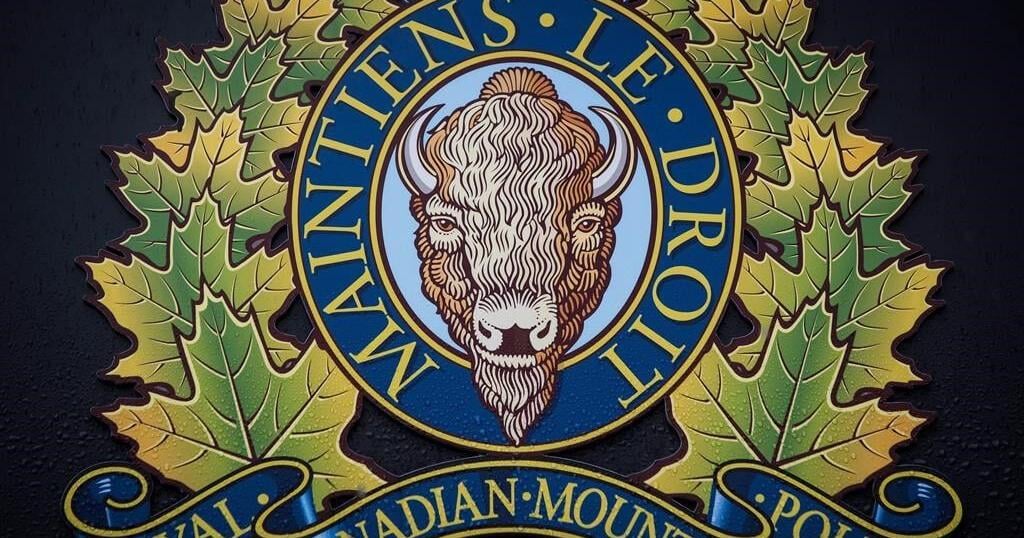For the first time, the Canadian government has conducted a rapid analysis of a period of extreme heat and determined its connection to human-caused climate change.
The analysis conducted by Environment and Climate Change Canada (ECCC) found that a heat wave in Ontario, Quebec and Atlantic Canada between June 17 and 20 was made two to 10 times more likely because of climate change.
“In all regions, the event was made much more likely by the human influence on the climate,” Greg Flato, senior research scientist with Environment and Climate Change Canada, said during a briefing for reporters.
The analysis noted abnormally high daytime temperatures, high humidity and warmer-than-normal nighttime lows. Bathurst and Saint John, N.B., in particular set all-time records for the hottest temperature since data was first gathered in the 1870s.
ECCC’s study is the start of a pilot project, where researchers will analyze weather data and climate model simulations to compare how these types of events have changed between today’s climate and the cooler pre-industrial one.
Flato said the heat wave ongoing in Western Canada will also be analyzed, as will others in the future. The department will expand this system to analyze other extreme weather events, he said. An ECCC official said their rapid attribution system is based on peer-reviewed techniques.
‘Not just a one-off study’
The findings add to a growing area of research known as rapid attribution, where scientists use models to quickly determine to what extent climate change is linked to an extreme weather event, such as heat waves, floods and storms.
The federal government’s commitment to ongoing attribution work marks a “really significant development,” said Frederike Otto, co-founder of World Weather Attribution (WWA), a U.K.-based group that conducts attribution studies.
“When you have not just a one-off study, but have this on a regular basis, that obviously helps to see how, not only how things have changed already, but how quickly things are changing.”
Otto said other countries have done attribution studies but Canada appears to be the first to commit to doing so on an ongoing basis.
Attribution studies don’t say definitively whether climate change caused a specific weather event, but rather, the statistical likelihood of climate change causing a specific weather event and the degree to which it made the event worse. (In some instances, natural weather patterns, such as El Niño, also play a role in driving up the temperature.)
The conclusions can help governments make better decisions, such as planting trees in particularly hot parts of a city, or ensuring vulnerable populations have access to cool spaces, Otto said.
“If you know that the heat wave that you’re experiencing right now is not an act of God or just bad luck with nature, but that it is actually something … you actually expect to see every 10 years or so, that means you have to have infrastructure that can deal with these levels of heat,” Otto said.
In the past, WWA has determined that climate change more than doubled the likelihood of the conditions that led to Quebec’s record-setting wildfire season, and calculated that the devastating 2021 heat dome in Western Canada would occur every five to 10 years in a world that has warmed by 2 C.
Such studies are not immediately peer-reviewed and published in scientific journals, given the effort to release the information soon after an event, but are based on peer-reviewed modelling techniques — and many end up being published, the WWA said.
‘A lever to elevate the conversation’
Sarah Henderson, scientific director of environmental health services at the British Columbia Centre for Disease Control, said these kinds of studies “can reinforce the message that climate change is affecting the health and well-being of Canadians now.”
A heat wave has brought record high temperatures to California and Nevada that are already substantially higher than last year. The heat has people searching for ways to stay cool and firefighters working to keep wildfires from spreading.
“It just serves to put these events in the context of climate change for the public and for public health professionals,” she said.
“It’s a lever to elevate the conversation and to ensure that climate change is never dropped from the conversation around extreme heat.”

Source link
Related























